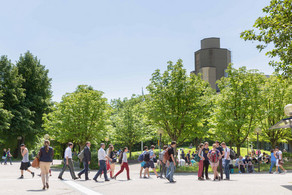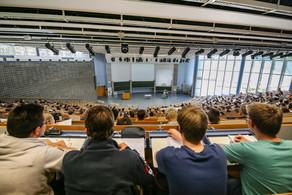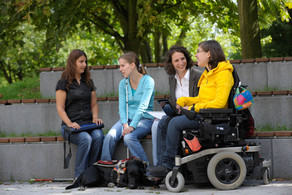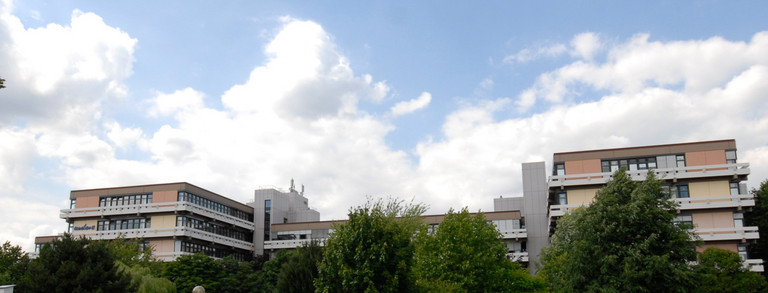Profile
Work, Inclusion & Technology

The Research Unit of Work, Inclusion and Technology, headed by Prof. Dr. Frauke Mörike and JProf. Dr. Lena Hünefeld, is located at the interface between the perpsectives of occupational, rehabilitation and technology science with the aim of making an interdisciplinary relevant contribution to the design of inclusive work systems.
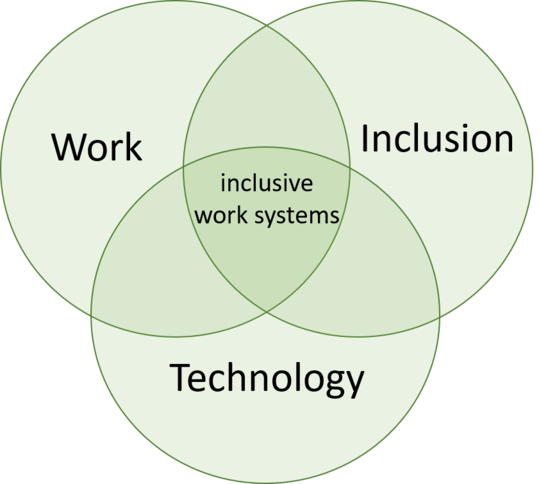
With a deliberate focus on inclusive socio-technical work systems, we would like to contribute to the approach of human-centered technology design in human-computer interaction (HCI) that actually takes all actors into account - in the work context, especially users beyond the actors who usually dominate the discourse. Against this background, the research program at the department is characterized by the interdisciplinary interweaving of approaches from the fields of occupational science and rehabilitation science, which, with regard to questions of digital transformation, also include above all the participatory perspectives and methods of human-technology interaction. We work in an interdisciplinary and transdisciplinary manner at the interface between social science and technology development with the vision that all actors in our society can benefit from the transition to a digitalized working world 4.0.
The Research Unit WIT is theresearch cluster aig (work, inclusion, health)'s deputy spokesperson and has direct thematic connections with the research cluster technology (tip), especially concerning research questions in the context of technology design. Our research program also benefits from the constructive and close cooperation with the BAuA via JProf. Lena Hünefeld, who has her own forward-looking focus on mental health.
The focal points of our research are:
- Design of inclusive socio-technical work systems.
- New forms of work and collaboration for inclusive work environments
- Method development for participatory and participation-oriented technology design
- Mental health in the work environment and digital transformation
Our interdisciplinary team consists of individuals with backgrounds in human-technology interaction and psychology, cultural and social sciences, rehabilitation science, special education, and business informatics.

